Manufacturing of responsible products
More than 1,500 professionals, both in Inditex and among our scientific and technological partners, study and supervise all of the creation stages of the items, from design to packaging. The result is an item of fashion that is safe, healthy and respectful to the environment that, if it looks good on the client, we are sure that it will make them feel good, too.
The Inditex strategy to guarantee responsible items for the client also includes preventative and control actions in all production phases: design, selection of prime materials and dye, manufacture and printing systems, controls during manufacture and permanent innovation in all processes.

More sustainable textile fibres and design
Periodic training plans for designers and purchasers for more sustainable textile fibres such as those of organic and recycled origin.
Also, research is performed on artificial textile fibres from cellulose pulp such as viscose, modal and lyocell, in order to ensure that they originate from forests that are managed in a sustainable manner.
In 2014
5.5 million items of cotton certified as 100% organic
3.5 million items with 50% organic cotton
1.2 million items with 5% ecological cotton
This translates to consumption of 1,009 tonnes of organic cotton, which implies growth of 92% in weight.
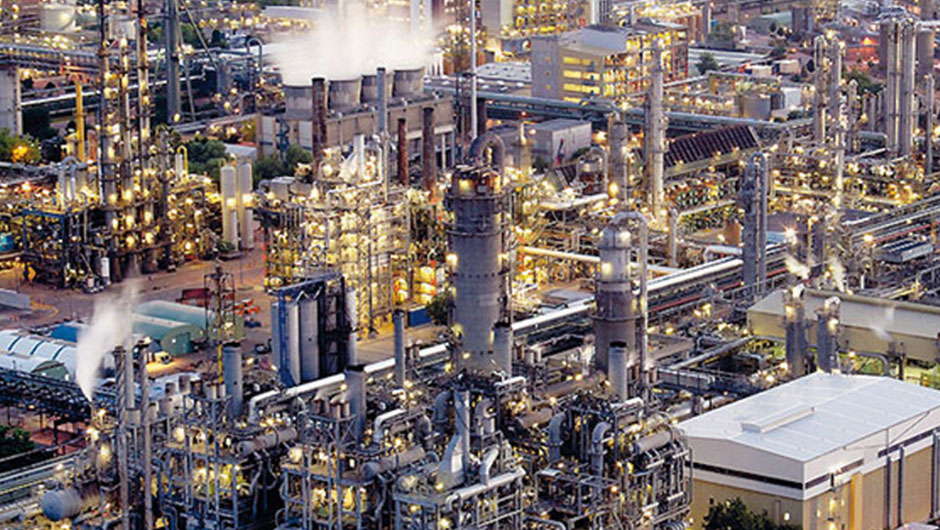
Pioneer classification of chemical products
All chemical substances used in the manufacture of our items are analysed to ensure that they comply with the strictest health standards, marking safety and sustainable objectives for the chemical industry.
The List, by Inditex represents the first time that an international fashion distributor establishes a research and quality control programme for products and processes that are beyond what is traditionally considered in the chain of textile manufacture.
The List, by Inditex in 2014
8,258 products analysed and certified (double the amount of 2013)
85% of the global market for chemical products
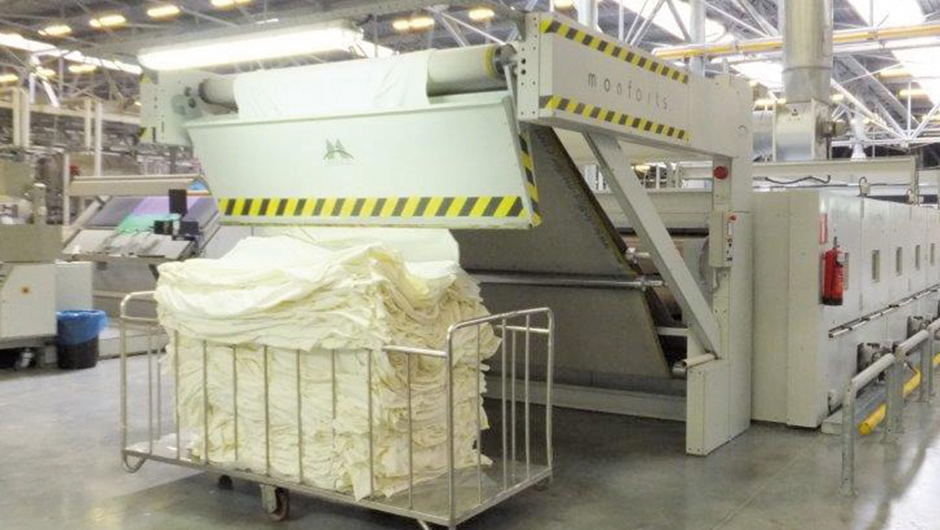
Evaluation and control of wet processes
Ready to Manufacture and Green to Wear are the programmes designed and implemented by Inditex to regulate the facilities and processes for dyeing, printing, washing and finishing in the textile industry.
Ready to Manufacture focuses on the evaluation of the wet processes in the textile manufacturing to implement practices that guarantee health and safety of the products. Green to Wear, for its part, seeks cleaner production with the environment and less intensive consumption of resources.
In 2014
Ready to Manufacture: 2,700 wet process facilities audited, 23% more than in 2013
Green to Wear: Evaluation of more than 100 wet process factories.
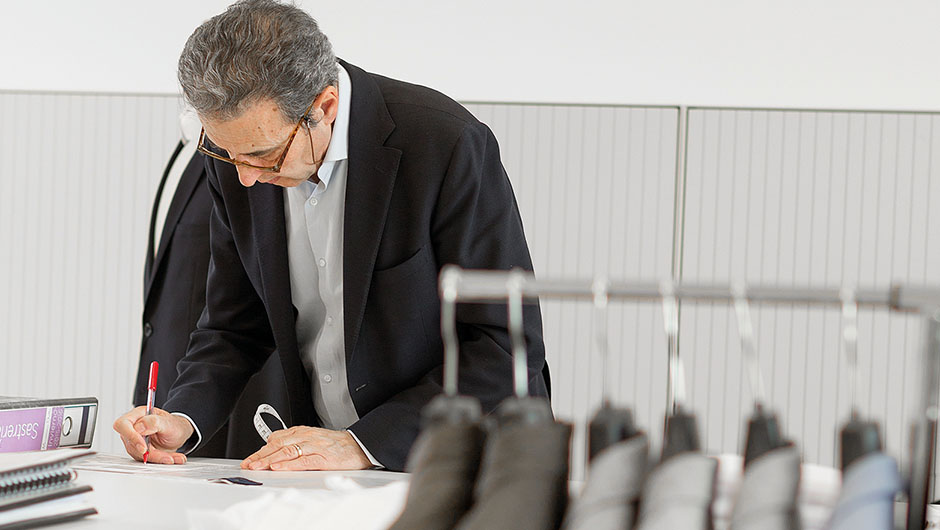
Analysis in the production phase
Inditex carries out exhaustive controls during the production phase in order to guarantee as soon as possible that all products are completely healthy and safe. For this, Picking is a key instrument. It involves the performance of technical inspection visits to the factories, the random selection of items and the performance of trials and analysis.
Thanks to increased efficiency of the analysis and the installation of preventative control systems in the previous phases, the number of chemical analyses in this phase has been decreasing, increasing, however, the safety of the items for the client.
In 2014
41,880 picking inspection visits
675,817 analysis and trials
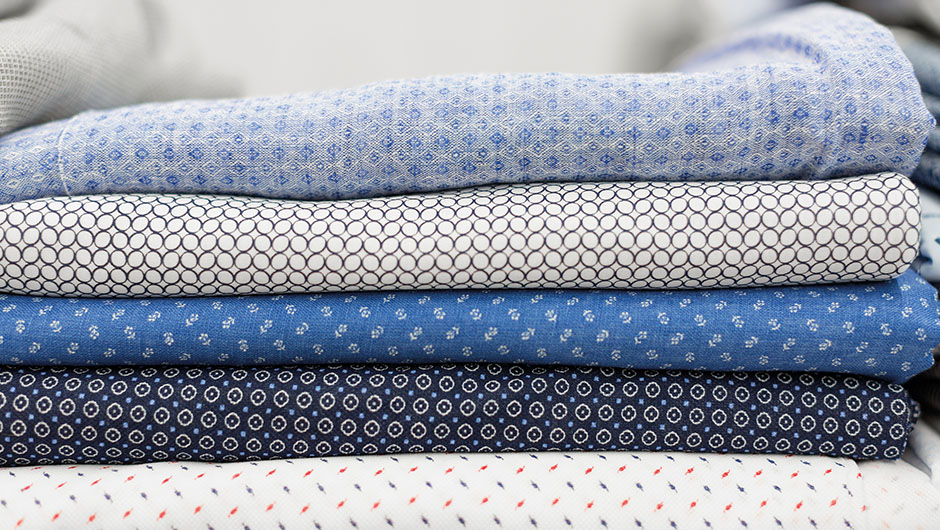
Use and end of life of the product
Inditex promotes the re-use and recycling of items, collaborating with social entities and universities, with the objective of exploring efficient solutions for textile recycling and contributing to the community.
Through the programme CleverCare, Inditex promotes among its clients its practices of efficient care for the items in order to lengthen the life of the product.
During 2014, the Group has maintained its support of the Roba Amiga cooperative, specialised in the management of second-hand items of clothing, as well as the labour insertion of people in a situation of, or at risk of, social exclusion.
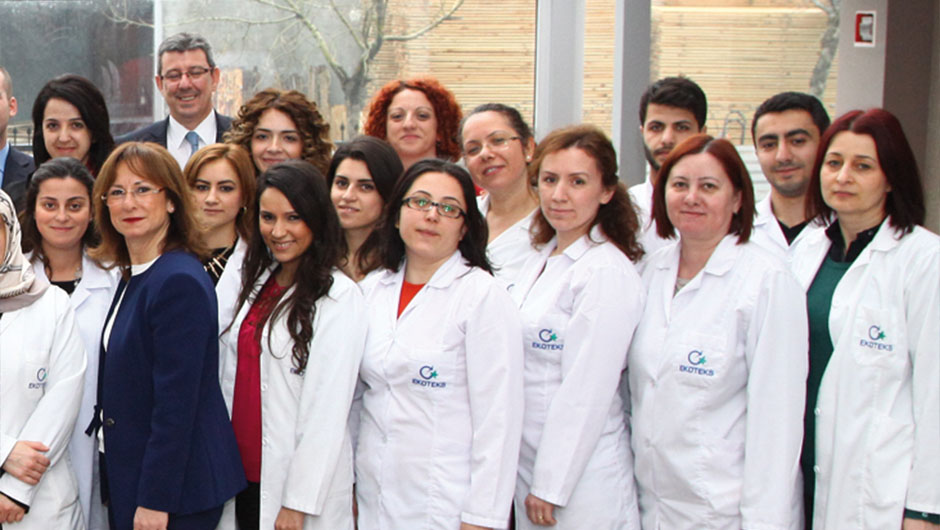
Collaboration with supervisory and sectoral organisations
We collaborate with international health and safety organisations and sectoral organizations of environmental sustainability for consumption items. Our objective is to share experiences, methods for trial and analysis and results, and to increase the transparency of our programmes, with the objective of being as aligned as possible with the remaining necessities of the industry.
These are some of them:
The Sustainable Apparel Coalition
Zero Discharge of Hazardous Chemicals
Eureka Project in Turkey
Pre-Testing Programme in China
